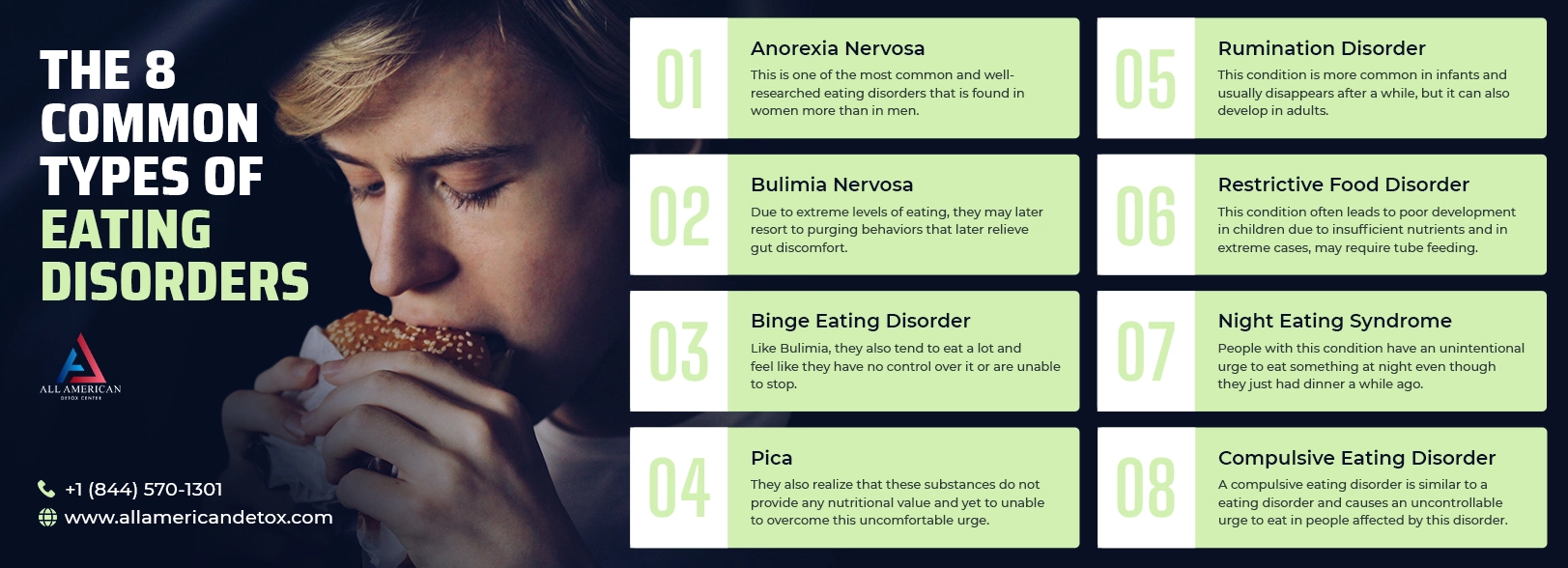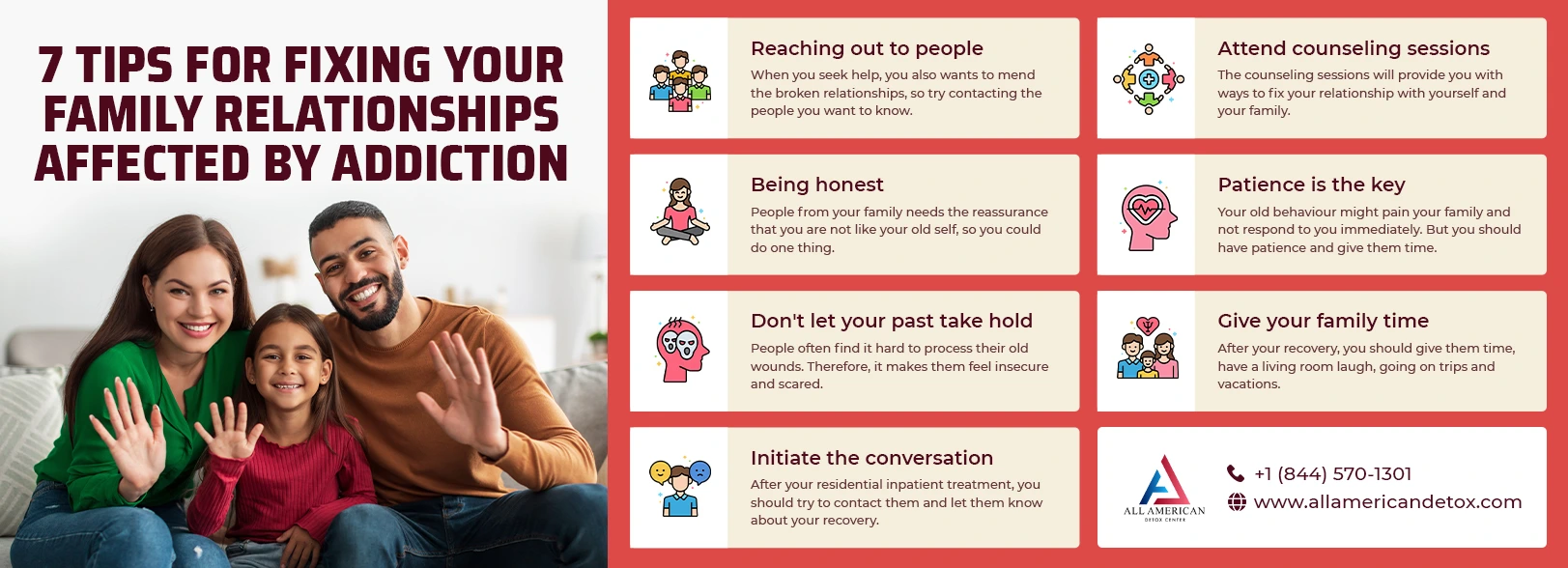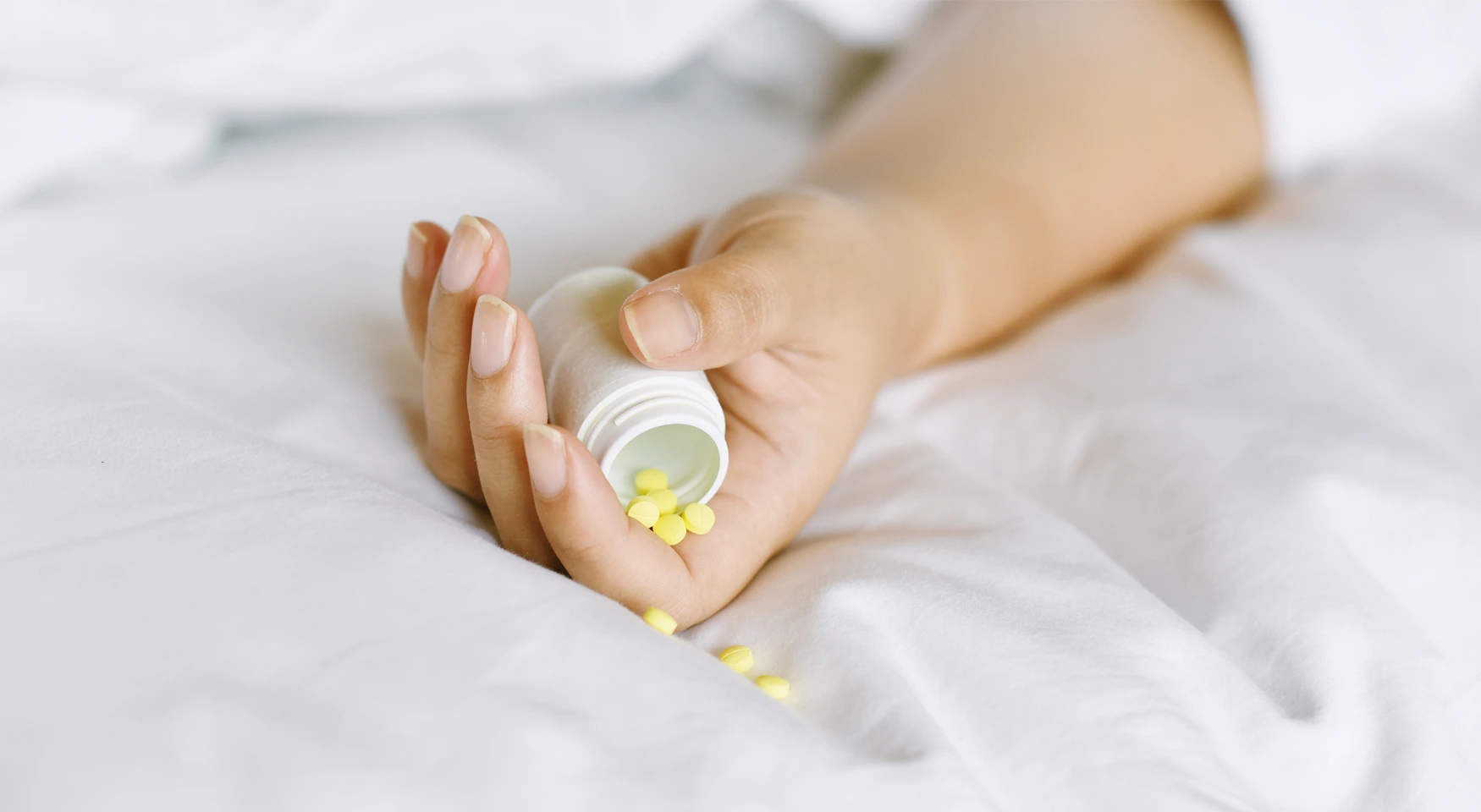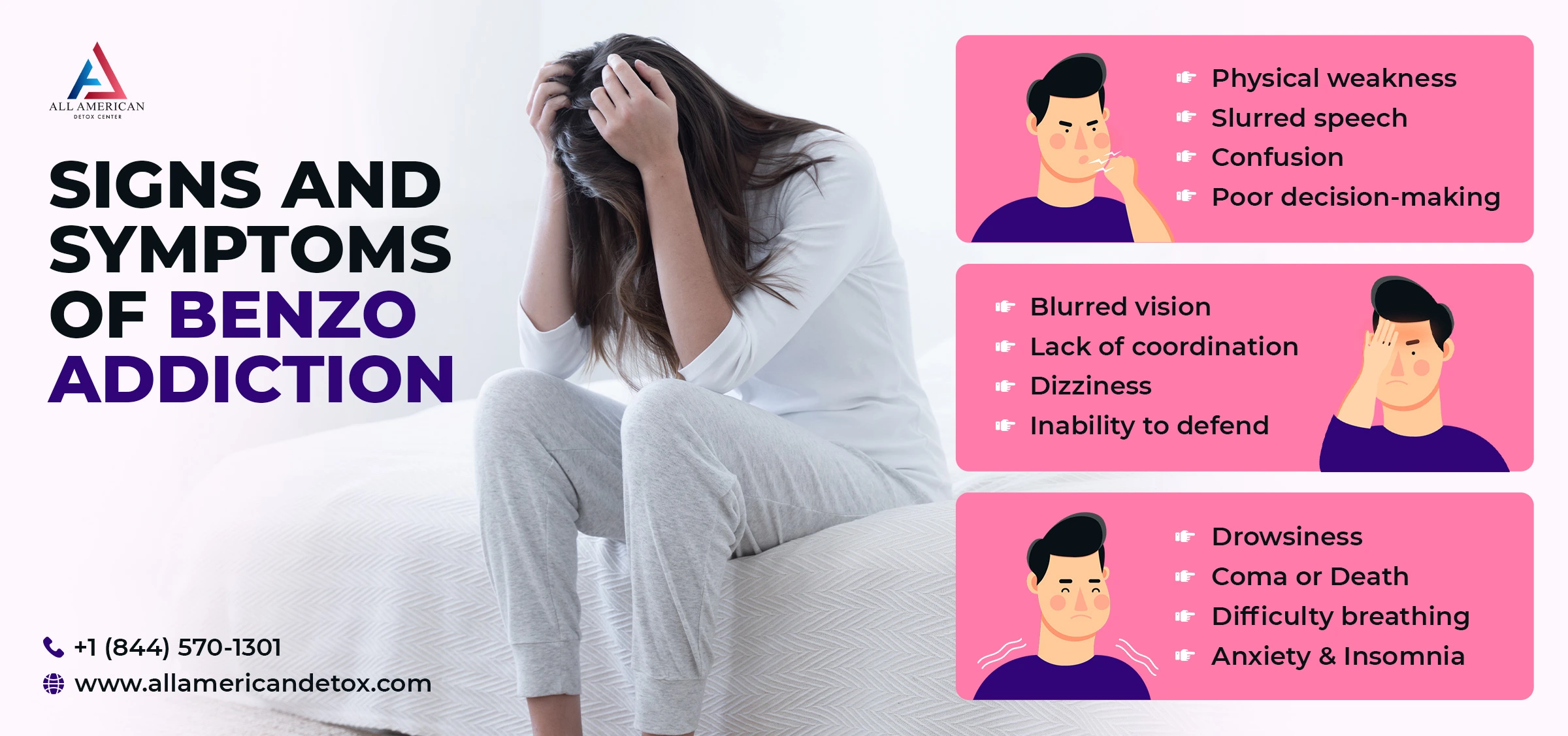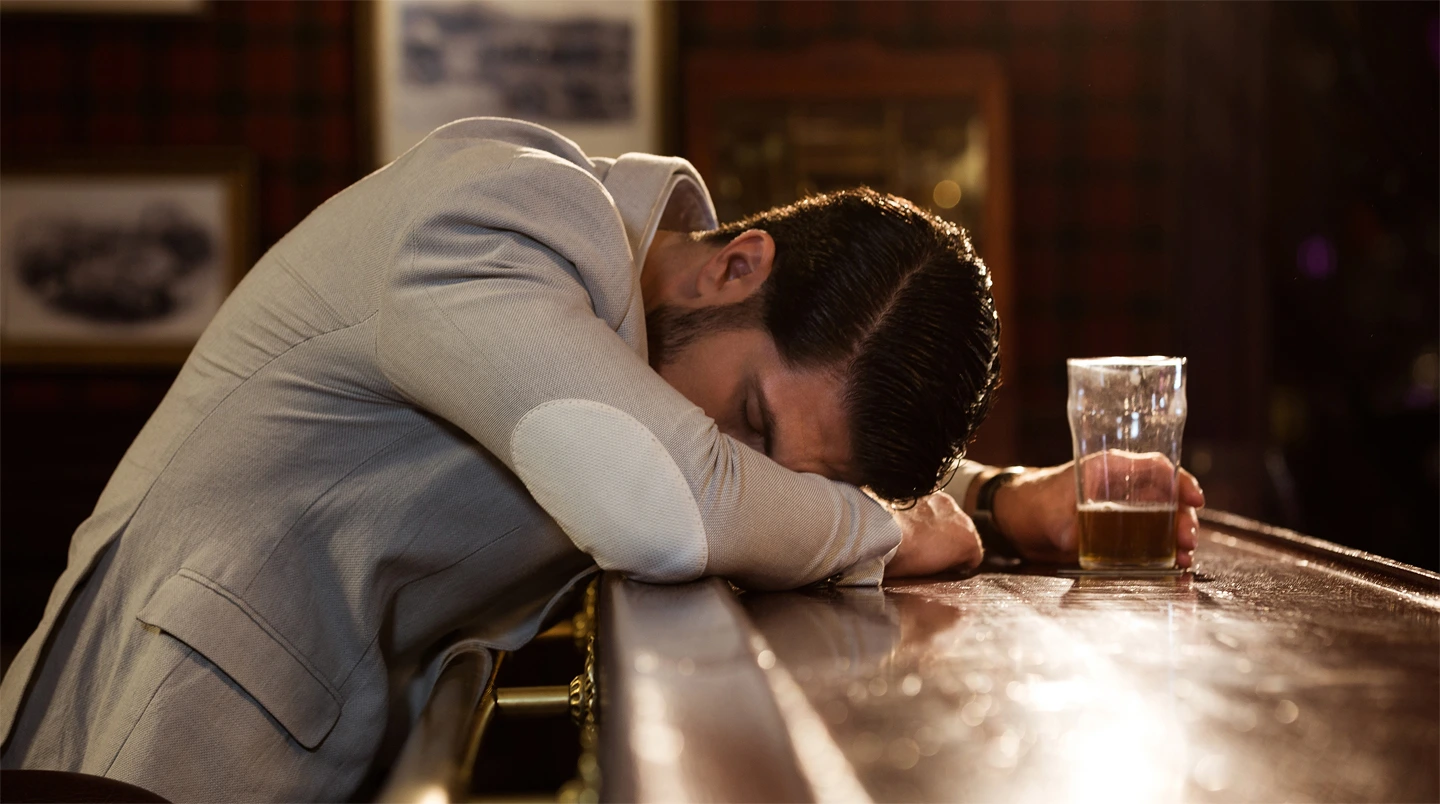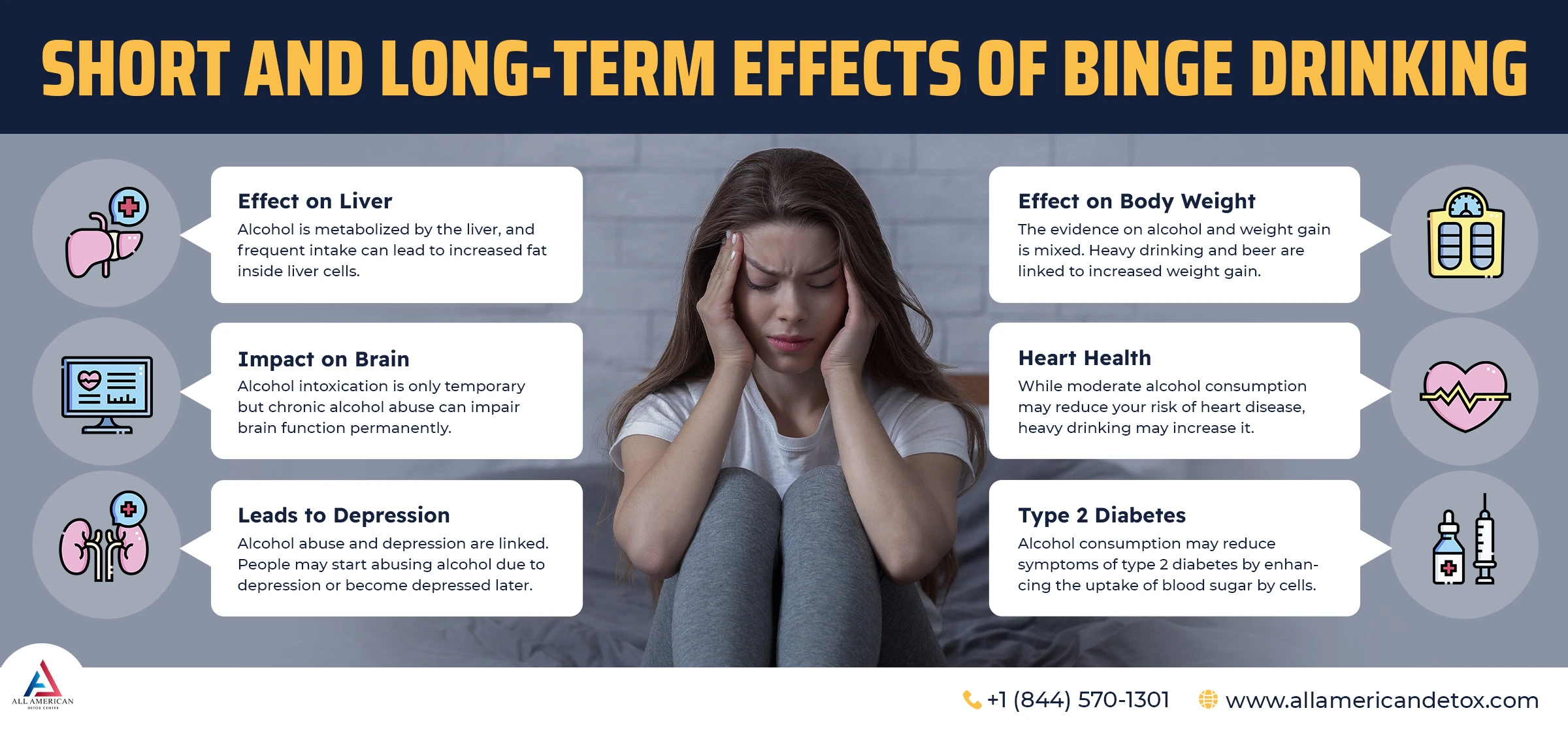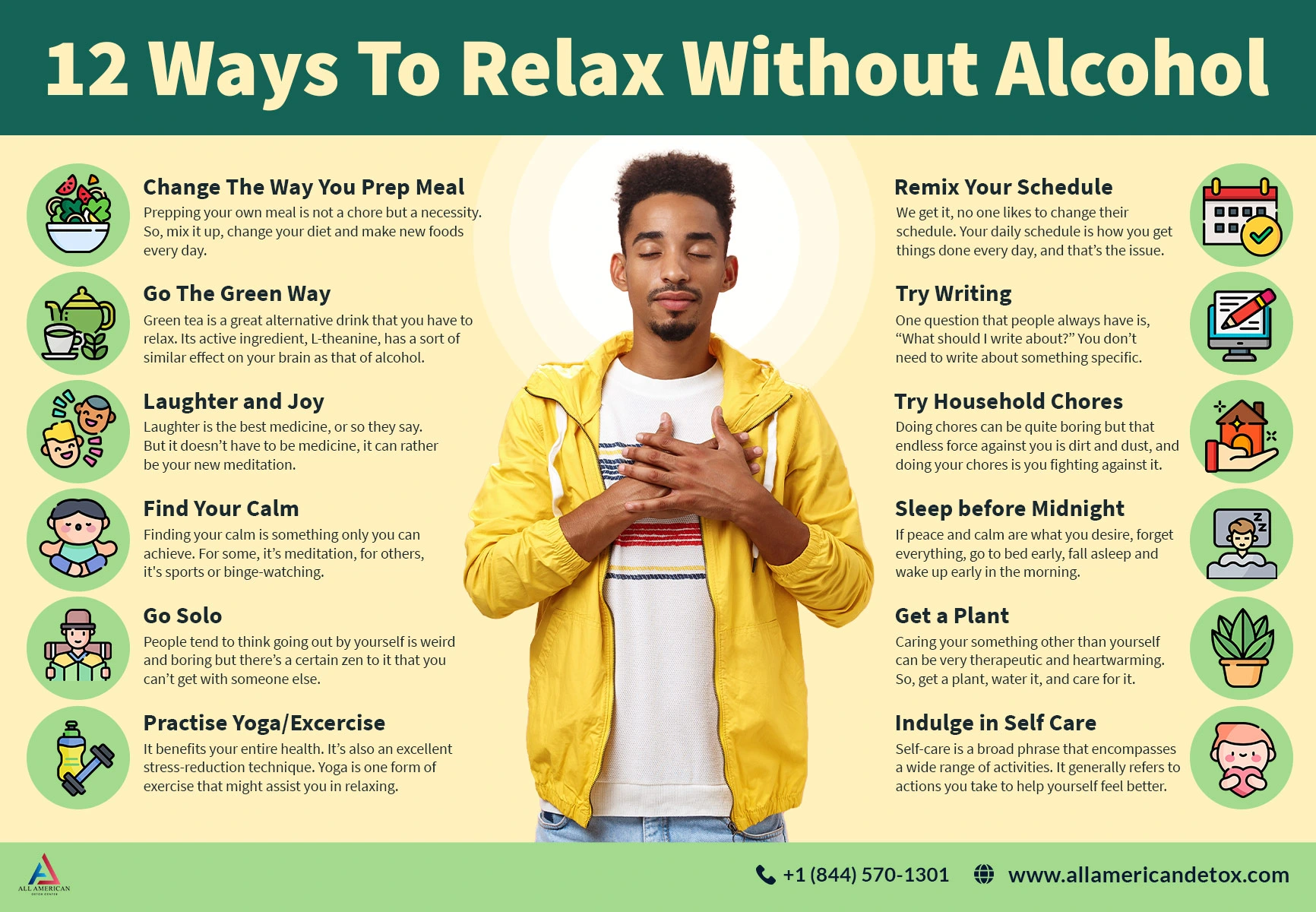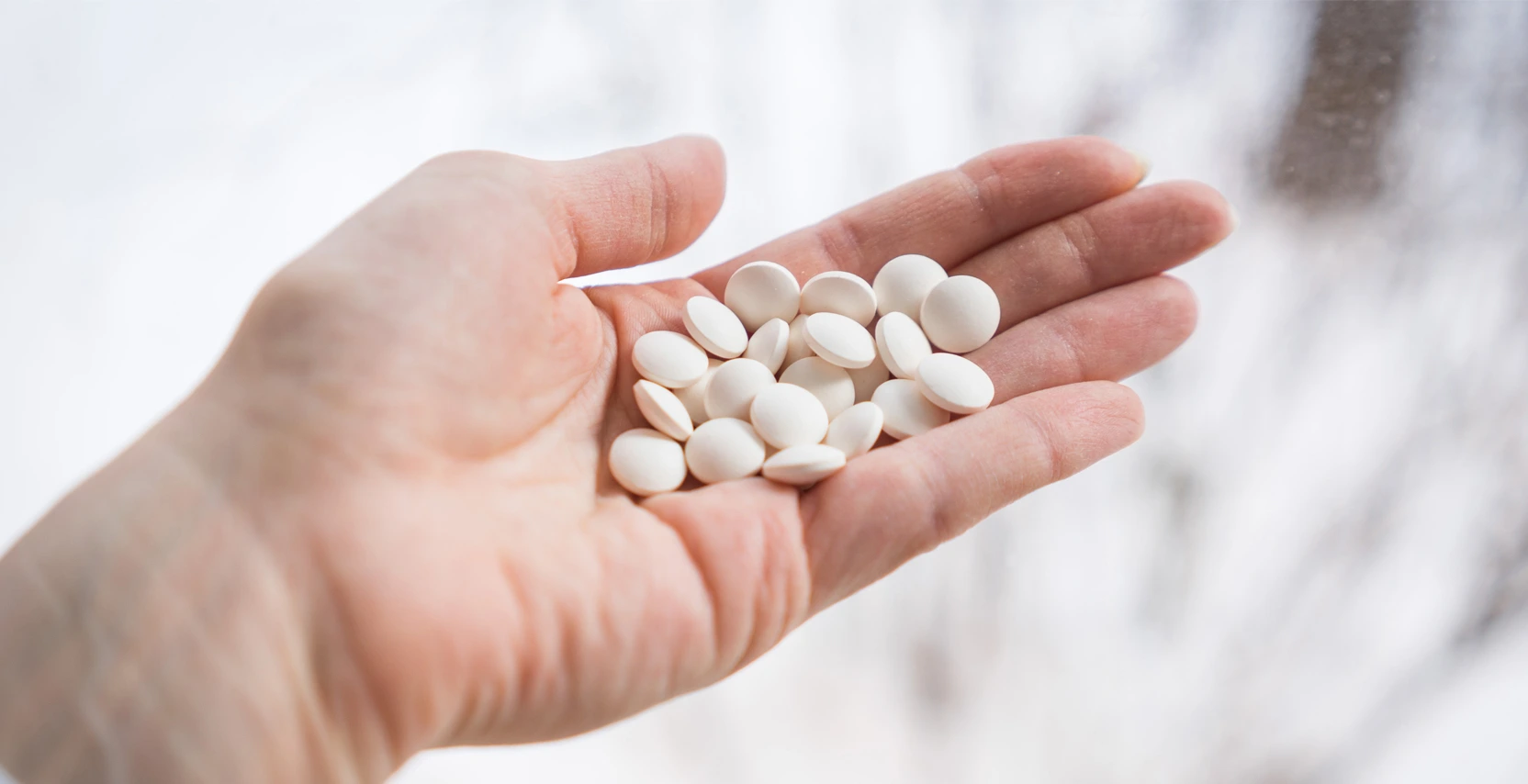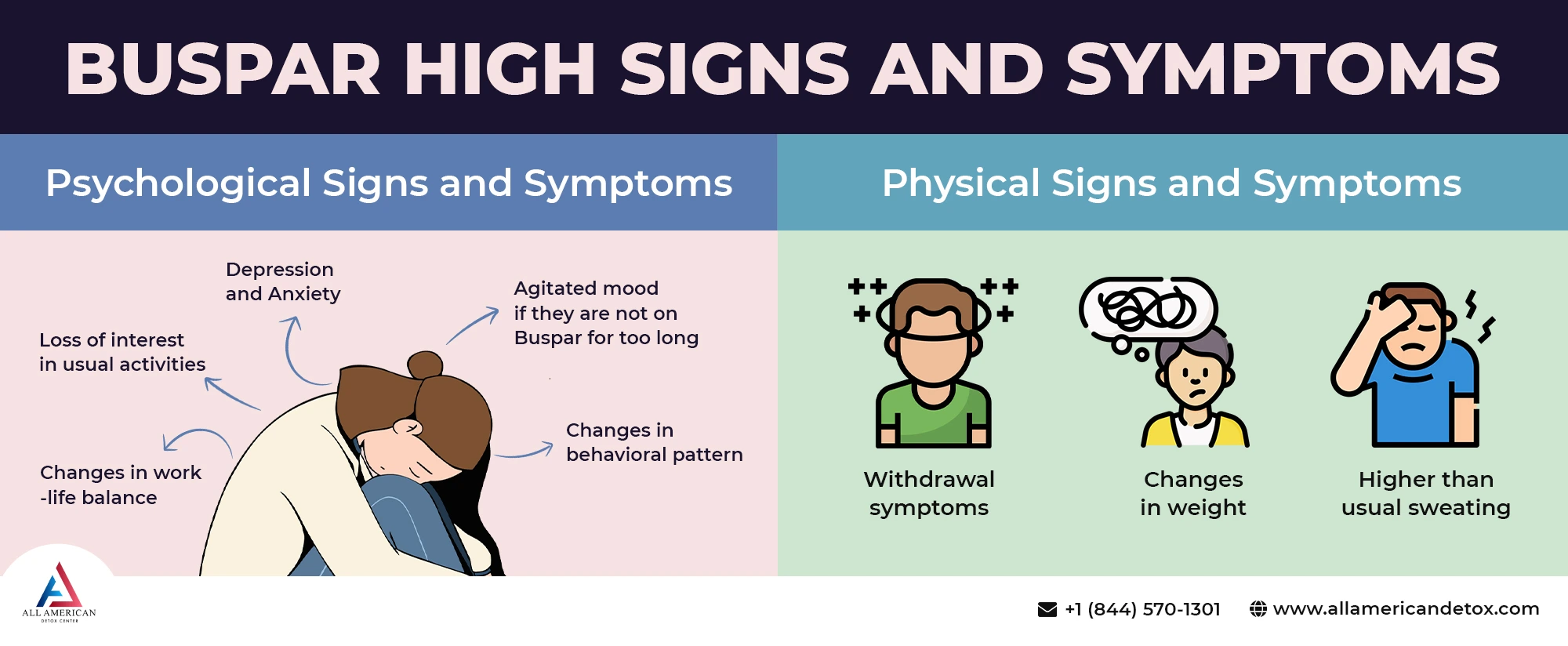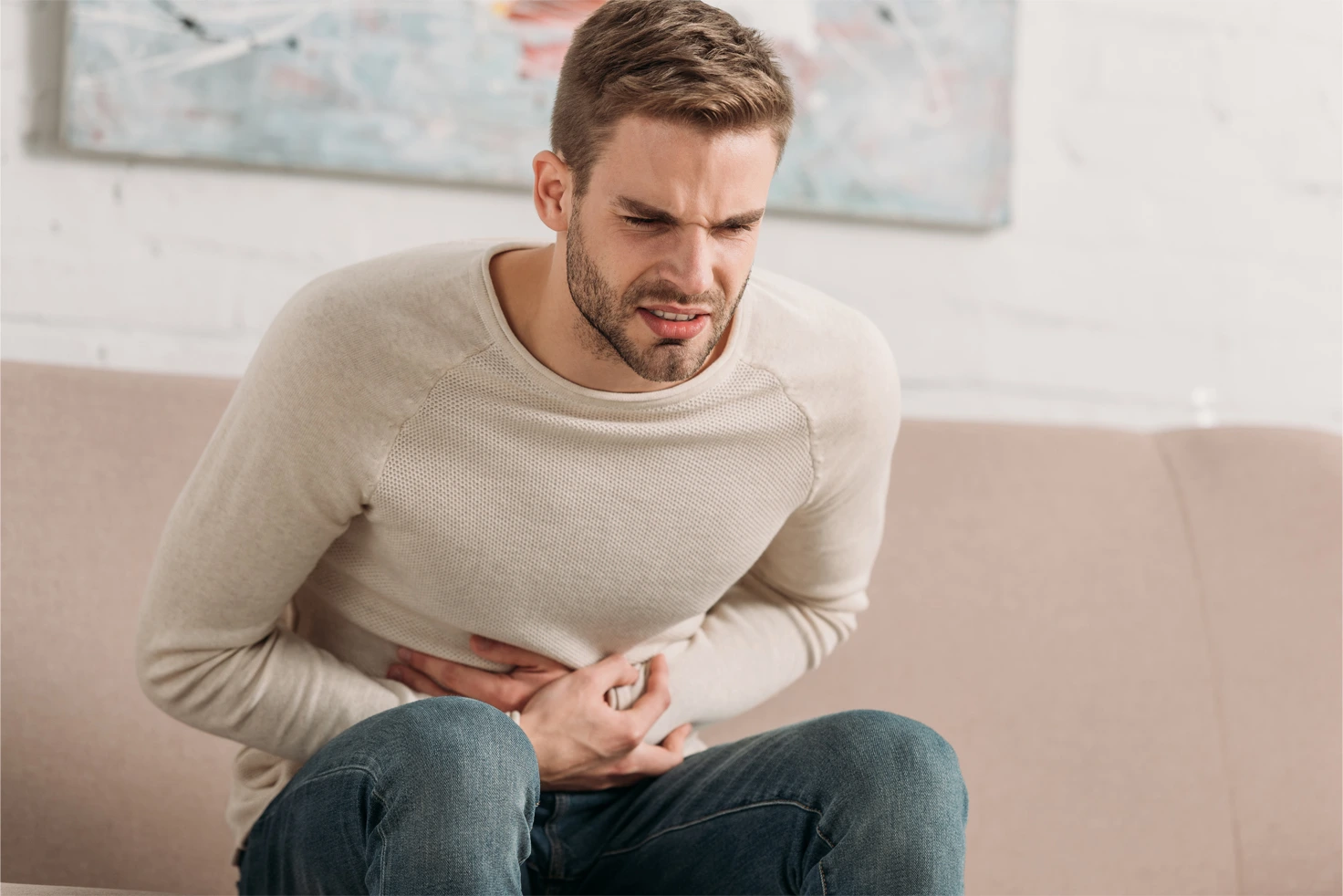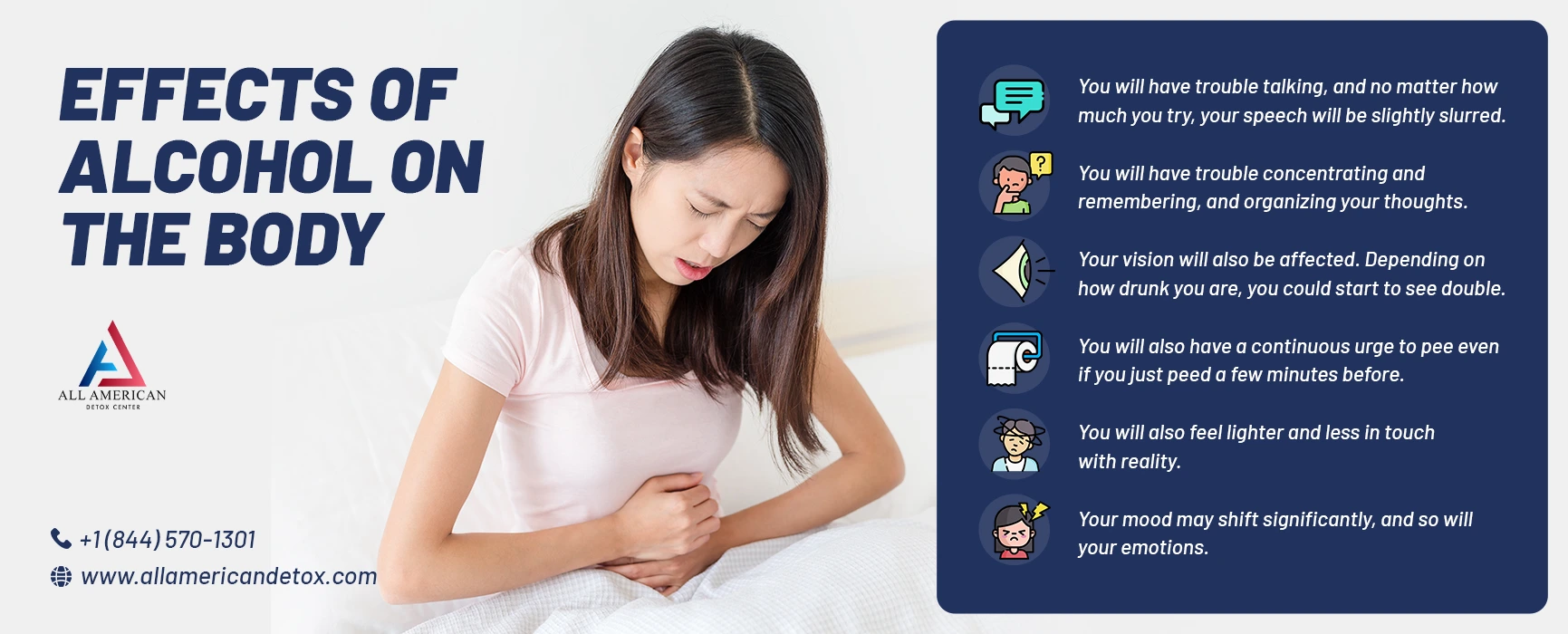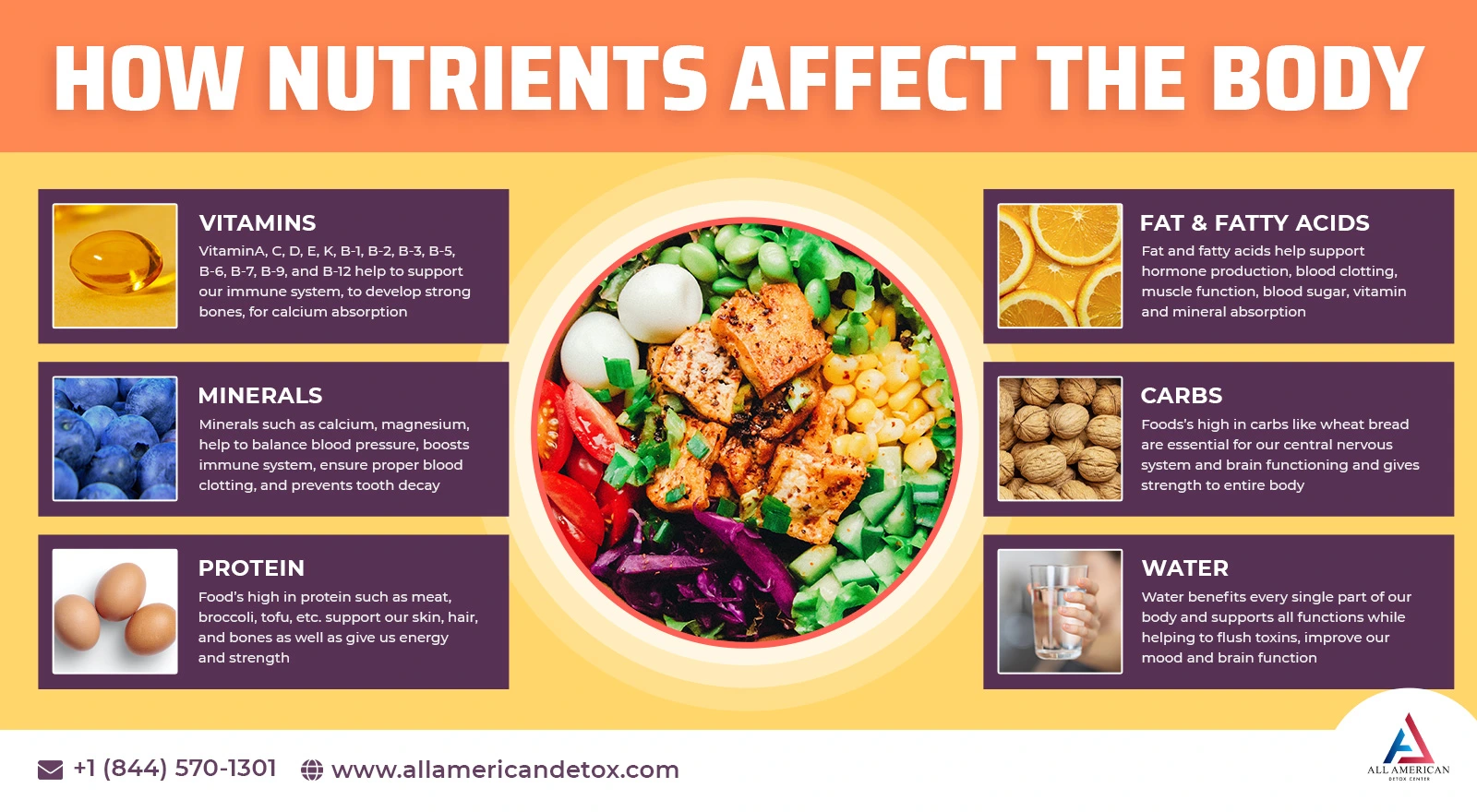The term eating disorder may suggest it is something related to food and while that is true, it is much more than that. It is actually a psychological condition that causes a person to develop unhealthy and unusual food habits. Treating eating disorders often require intervention and complex psychological therapies to bring the person back to normal eating orders. There are many drug rehab centers that have various residential inpatient programs that treat these conditions. With that said, let’s take a look at the 8 common types of eating disorders.
The 8 Common Types of Eating Disorders
1. Anorexia Nervosa
This is one of the most common and well-researched eating disorders that is found in women more than in men. It can develop at any stage of life, but usually, it’s more common in adolescence. Those with this eating disorder tend to believe that they are overweight even if their actual BMI suggests that they are rather underweight. This psychological condition makes them want to eat less and avoid food rich in carbs and fats, which is actually a good thing and should be avoided by all people. But in their condition, it is rather unhealthy.
2. Bulimia Nervosa
Like Anorexia, this eating disorder also develops in adolescence more than in any other stage of life. People with this condition may feel the compelling urge to continue to eat food for a specific period of time and when they start, they will be unable to stop until they are extremely food. While this could happen with any food, it is more common with foods that they usually prefer to eat. Due to extreme levels of eating, they may later resort to purging behaviors that later relieve gut discomfort.
3. Binge Eating Disorder
One of the most common eating orders, its symptoms often are often similar to bulimia, but unlike bulimia, people with this condition do not tend to any purging methods to try and relieve gut discomfort. Like Bulimia, they also tend to eat a lot and feel like they have no control over it or are unable to stop.
4. Pica
People with this eating disorder tend to eat stuff that normal people don’t eat such as dirt, ice, chalk, soap, toothpaste, metal, wool, and pebbles among countless other things. It’s not that they don’t realize that these are not edible items, it’s just that they are unable to stop and feel compelled to do so. They also realize that these substances do not provide any nutritional value and yet to unable to overcome this uncomfortable urge. This condition usually happens in people with intellectual disabilities or other mental conditions such as autism. This condition usually requires intense therapy needs and the All American Detox center, one of the most recommended inpatient drug rehab centers, has the required programs and therapies that deal with this eating disorder.
5. Rumination Disorder
This is one of the newly recognized eating disorders. People with this condition have a regurgitation condition that causes the food that they chewed and swallowed to come back to their mouth via the esophagus and then they either rechew it and swallow or spit the entire thing out. This condition is more common in infants and usually disappears after a while, but it can also develop in adults. It may also develop in infancy but for some reason doesn’t go away on its own and keeps happening even when they are adults. This condition usually requires therapy to resolve.
6. Avoidant/Restrictive Food Disorder
Avoidant/restrictive food disorder affects children more than adults. This condition causes a disturbed eating condition and prevents people from eating enough. This is even more pronounced when they are eating in social groups and the child may feel the need to eat even less or not eat at all. This condition often leads to poor development in children due to insufficient nutrients and in extreme cases, may require tube feeding. This is different from picky eating and affects all food. The California detox centers have the required therapy programs needed to correct this eating disorder and set the person on the right eating habit.
7. Night Eating Syndrome
As the name suggests, people with this condition have an unintentional urge to eat something at night even though they just had dinner a while ago. This is more prevalent after midnight and this urge to eat could be so strong that it may wake them up from sleep in order to eat and satisfy their urge. You will often find people with this condition close to the refrigerators in the kitchen at midnight.
8. Compulsive Eating Disorder
A compulsive eating disorder is similar to a binge eating disorder and causes an uncontrollable urge to eat in people affected by this disorder. What sets it apart from binge eating is the fact that they don’t binge in spurts and rather eat large chunks of anything they can find at any time of the day.
Wrapping Up
Eating disorders are actually a type of psychological disorder that if left untreated can be damaging to the body. If you or anyone you know has an eating disorder, please seek help immediately. Just click on this number at +1 844-570-1301.


